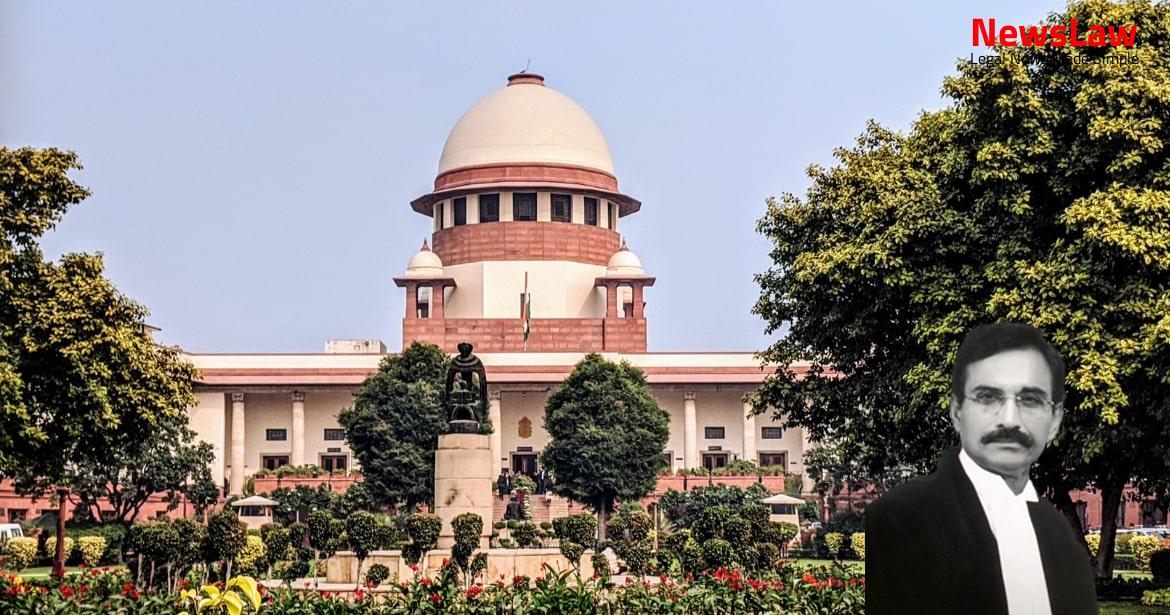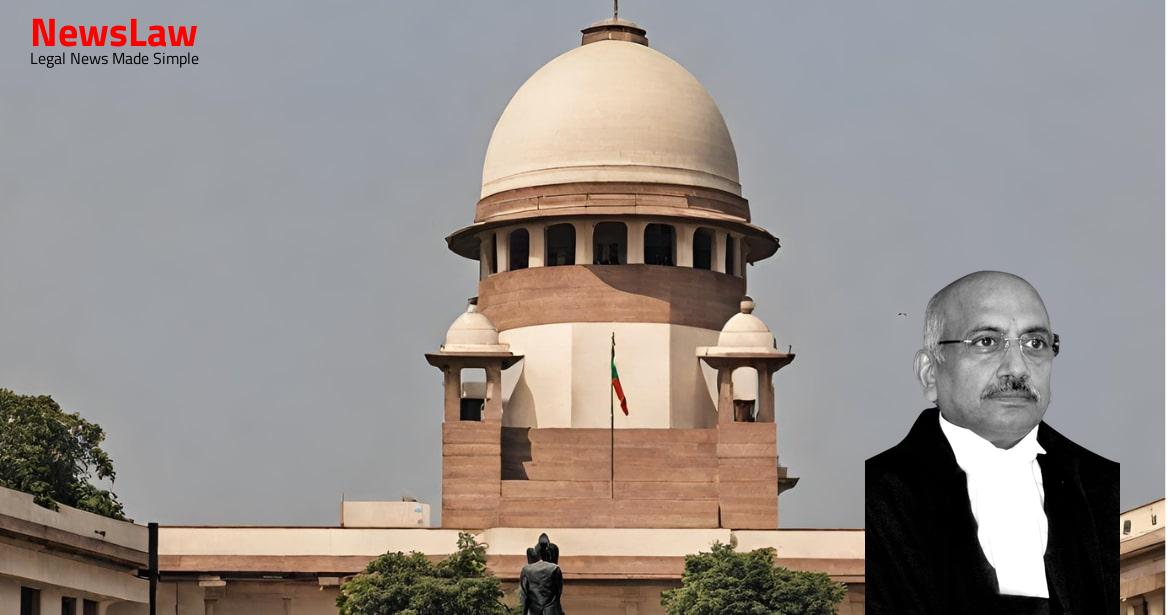The legal battle over the regulation of capitation fees in private medical colleges has taken a significant turn as the court emphasizes transparency and merit-based admissions. Stay tuned to understand the intricate legal analysis shaping the educational reform landscape.
Facts
- Fee Fixation Committee (FAC) orders for undergraduate medical courses for academic years 2004-2005, 2005-2006, and 2006-2007 were challenged in the High Court.
- Students and private medical colleges challenged the orders in court.
- The High Court issued notice in the Special Leave Petition on 09.07.2010.
- Transparency issues in entrance examinations conducted by institutions in associations.
- PIL filed before Madras High Court did not lead to any productive solution.
- Concern regarding levying capitation fees despite court directions.
- Challenges in regulating admissions by self-financing colleges and Deemed universities.
- Efforts to curb capitation fee practice have not been fully successful.
- Legislation in Karnataka, Tamil Nadu, Maharashtra, and Andhra Pradesh to stop capitation fees not effectively enforced.
- Appointment of Ms. Lubna Naaz to carry out directions for creating a website.
- High Court allowing writ petitions by students and dismissing those by management of private medical colleges.
- Stay on High Court judgment in 2010 with conditions for fee refund and bank guarantees.
- Impediments in implementing legal regime due to unresolved issues.
Arguments
- Shri Salman Khurshid was appointed as Amicus Curiae to address the issue of capitation fee
- States of Karnataka, Tamil Nadu, Andhra Pradesh, and Maharashtra were directed to provide information to the Amicus Curiae
- Shri Mohit Kumar Shah was requested to assist in creating a website to gather information from the public
- State Governments were asked to assist in publishing the website information in local newspapers
- The Amicus Curiae filed an interim status report on the improvements in Karnataka
- A list of 20 queries was sent to the States for their responses
- Suggestions were made to obtain responses from Medical Council of India and Dental Council of India
Analysis
- Private medical colleges should not charge capitation fee and admissions should be based strictly on merit.
- Details of additional charges should be published in newspapers for public awareness.
- Fee Fixation Committees should set price bands and colleges should not charge any extra fees.
- All rounds of counselling, including stray vacancies round, should be completed at least two weeks before the deadline.
- Names of recommended students for stray vacancies should be made public along with their NEET exam rank.
- Capitation fee is still prevalent despite legislation prohibiting it.
- Candidates should be informed about web portal for registering complaints about capitation fee.
- A pamphlet should be issued to students and parents about the website during counselling.
- Fee Fixation Committees should set fees without allowing additional charges by colleges.
- Committees should consider all components of fee proposed by management and can seek assistance from B.N. Srikrishna’s report for guidelines.
- Steps should be taken by authorities to prevent the practice of charging capitation fee.
- All-India Quota and State Quota counselling should be completed according to fixed time schedules.
- States like Tamil Nadu, Maharashtra, Karnataka, and Andhra Pradesh have enacted statutes prohibiting the collection of capitation fees and regulating the admission process in professional colleges.
- The management of professional colleges is prohibited from charging any amount other than the fee determined under the said Acts.
- The Supreme Court appointed an Officer on Special Duty to assist in setting up a web portal for reporting capitation fee demands in private medical colleges.
- The court emphasized the need to regulate admissions based on merit and transparency to prevent capitation fees and profiteering.
- Commercialization of education and unethical practices by institutions to earn excessive amounts were condemned by the court.
- If any amount is charged under a different name, such as donations, it would still be considered as charging a capitation fee.
- Appropriate measures should be taken by the State or university to prevent the charging of capitation fees and profiteering while allowing a reasonable surplus for educational purposes.
- Institutions found charging capitation fees or profiteering should face penalties as per regulations framed by the authorities.
- The court instructed private medical colleges not to receive fees in cash or insist on full advance payment for the entire course.
- A meeting was directed by the Ministry of Health and Family Welfare, Government of India, to address the issue of advance fee payment with stakeholders.
- A rational model that does not permit charging of capitation fees should be adopted by college managements.
- The definition of capitation fee in the Tamil Nadu Educational Institutions Act was cited, which prohibits any amount collected in excess of the prescribed fee.
- The court reiterated that capitation fees cannot be charged, and no seat can be sold by payment of capitation fees.
- Setting up of a web-portal under the Supreme Court’s supervision is mandated for reporting capitation fee charging private medical colleges
- The National Informatics Centre (NIC) under the Ministry of Electronics and Information Technology will be responsible for maintaining and regulating this web-portal
- Chief Secretaries of States and Union Territories are directed to publicize details of the web-portal in both English and vernacular newspapers during the admission process
Decision
- Compulsory provision of pamphlet to inform students and parents about the availability of web portal during counselling.
- Completion of all rounds of counselling, including the stray vacancy round, at least two weeks before the last date of admission.
- Public disclosure of names and ranks of students recommended for admission in stray vacancy round.
- Strict admissions based on merit with consequences for non-compliance by private medical colleges.
- Fee Fixation Committees to determine all fee components to prevent additional charges by managements.
- Requirement for Fee Fixation Committee’s approval for any additional or non-included fee components.
- Prohibition of private medical colleges from accepting cash payment to prevent capitation fees.
- Direction for listing Civil Appeals in July 2022 for further hearing and setting a schedule for completion of counselling rounds.
Case Title: RASHTREEYA SIKSHANA SAMITHI TRUST RV DEN Vs. COMMITTEE FOR FIXATION OF FEE STRUCTURE OF PRIVATE PROFESSIONAL COLLEGES (2022 INSC 600)
Case Number: C.A. No.-003978-003995 / 2017



